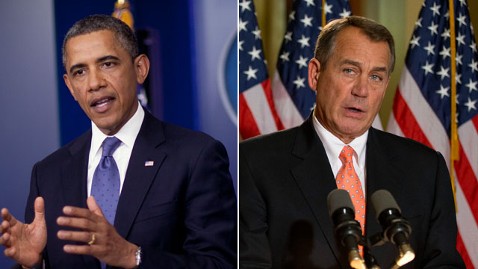Although names of the victims were later expunged from the House records in the wake of intervention of the leader of the opposition Arun Jaitley, Shinde's office had by then disclosed the minors' names also to people outside Parliament by emailing his unedited statement to media organizations, including international news agencies.
Within hours Shinde came in for severe flak for his insensitivity. BJP leader Smriti Irani said the home minister's statement was silent on many issues and sought to know why the police was so inept in Bhandara. "If his excuse is ignorance, then he has no right to continue," Irani said.
CPM leader Sitaram Yechury termed the statement as "very unfortunate and very shocking". He said that the "gravity" of sexual crime was not "reflected" in the statement and the government was not paying deserving respect to victims of such crimes. Former Rajya Sabha member Brinda Karat demanded that the minister express public regret. "Who can be held accountable when the central home minister sets an example of such insensitivity? And it not as if the names were mentioned inadvertently, it is not a blunder. No home ministry official or the minister himself thought there was anything wrong in the written statement. He must express regret but the damage has already been done," she said.
Jaitley pointed out the blunder as soon as Shinde had mentioned the victims' names. The Leader of Opposition pointed out that as per law the victims or rape that too minors are not identified or named and their identity should be kept a secret as per Supreme Court guidelines.
"I am sure it is an oversight...Three minor children are being named in the statement of the home minister. What should not have been done, has been done. Victims named should not have been named. Their names have come out and their identity disclosed," Jaitley said suggesting that the home minister should withdraw his statement and a fresh one be made in the House.
Shinde, who was reading out from a written statement on the rape and killing of three minors in Maharashtra, took time to appreciate Jaitley's point. He realized his mistake only when PJ Kurien, deputy chairperson who was in the Chair, told Shinde that Jaitley has raised an important issue. Jaitley then explained the sensitivity of the matter in detail.
Shinde thanked Jaitley for pointing out the "inadvertent" error and sought to withdraw the names. Kurien, immediately, directed media also not to name the victims as listed out in the home minister's statement, saying if it is done it will be taken as a matter of privilege. The Rajya Sabha Secretariat later put out a notice providing the orders of the Chair expunging the remarks made in Shinde's statement.
The Chair's direction was, however, missed out by the home ministry spokesperson's office. It immediately emailed Shinde's statement, carrying names of the minors, to correspondents. Though the North Block - office of the home ministry — later sent another message saying the earlier email stands withdrawn, it did so only after the serious lapse was highlighted by media.
Embarrassed Shinde later ordered a probe into how the names of minor rape victims figured in the statement he made on the Bhandara incident. However, implied in the show of toughness was the admission that he did not go through the statement before reading it out in the House.
"We withdrew the names and deputy chairman of Rajya Sabha expunged it. I have told the (home) secretary to conduct a probe into the matter," he told reporters outside Parliament House reacting to questions on his slip in the Upper House.
Shinde's gaffes
* During the winter session of Parliament last year, he had addressed Pakistani terror outfit Lashkar-e-Taiba chief and 26/11 Mumbai terror attack accused Hafiz Saeed as 'Shri' while making a statement
* In August last year, his taunt against actor-turned-politician Jaya Bachchan ( Samajwadi Party) during a debate on Assam violence that it was not a subject matter of film had evoked strong condemnation from opposition members. After an uproar in the House, Shinde was forced to eat his words and apologize to Bachchan saying she is his sister
* Came under sharp attack from BJP over his recent 'Hindu terror' remark made at the Congress 'chintan shivir' at Jaipur and was forced to make a clarification and express regret just ahead of the budget session of Parliament
* Stoked controversy during the protests over the Delhi gang rape when he appeared to compare the protestors with Maoists
* Remarked recently that the controversy over the coal block allotment will be 'forgotten' in the days to come, just like the Bofors and petrol pump distribution scams, saying public memory was short
* Gave a month's deadline to make some announcement on Telangana in December last year, but later backed out saying there was no deadline as the matter was still being discussed.










